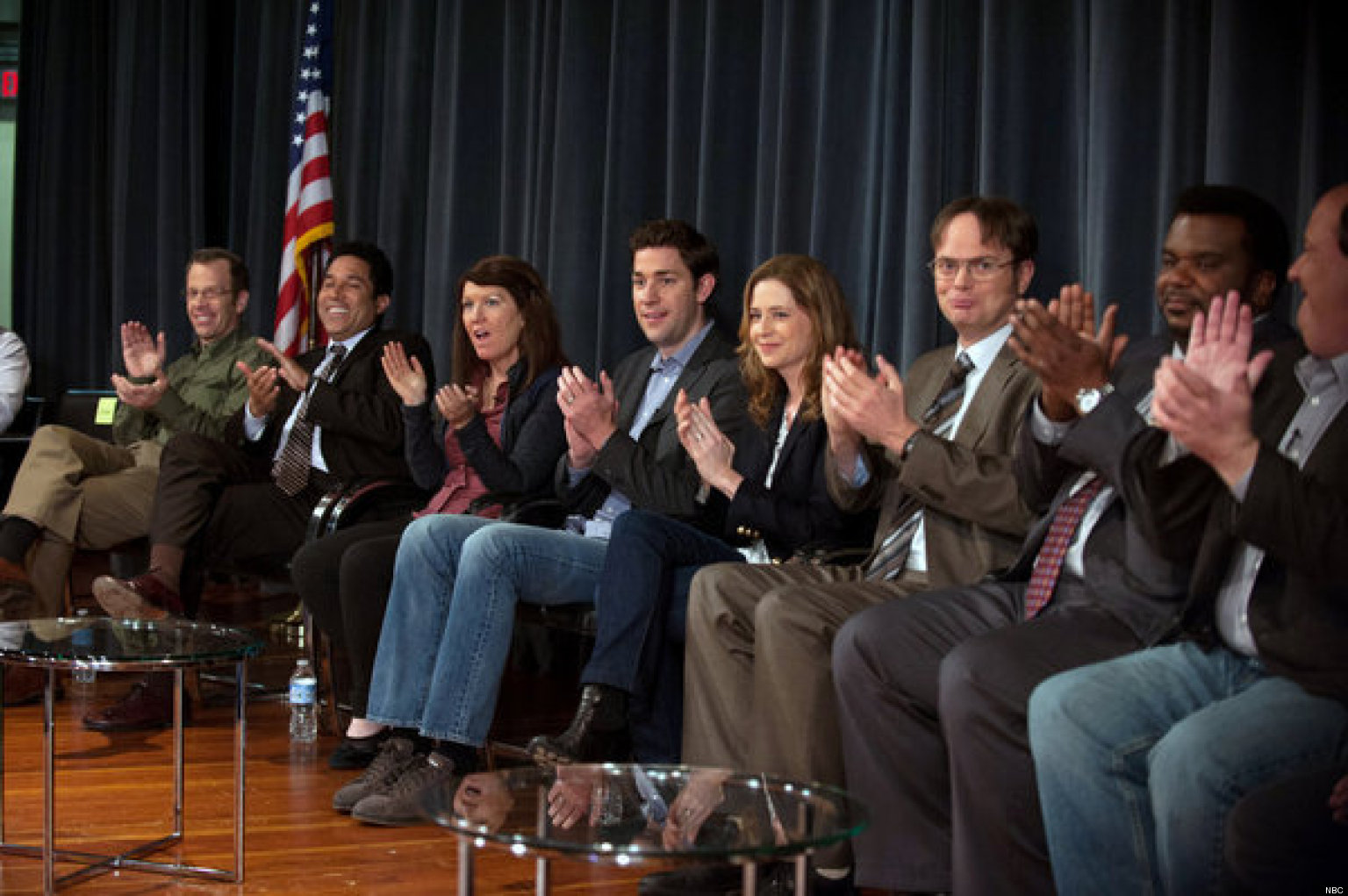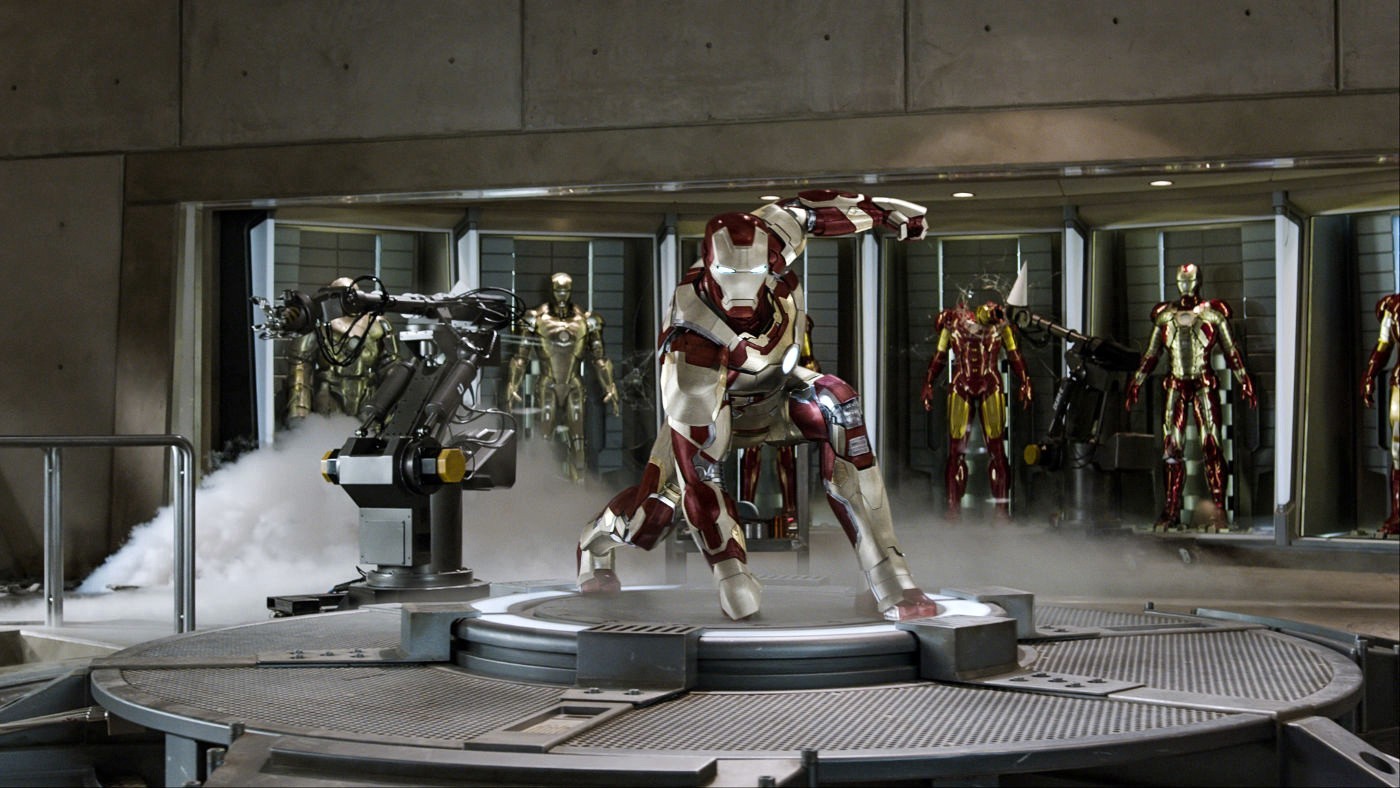The world is a scary place to live in, and with events like Steubenville, Aurora, and the Boston marathon bombings constantly popping up in the news, it's hard not to feel like things are getting worse and worse. One thing that they all have in common is the violent nature of these crimes. All of the violence that we see on scripted television shows is definitely not the cause of this, but this televised violence uncomfortably reminds us of the very real violence that happens every day. This last television season had three new shows that put violence at the forefront: Hannibal, Bates Motel, and The Following. As somebody who grew up listening to Eminem and playing Grand Theft Auto, I can't believe I'm raising this question, but have we gone too far with the level of violence that appears on the small screen?
To me, it all comes down to what each show has to say about their violence. Hannibal takes the cold and clinical approach, simply stating "The world is messed up" and leaving it there. The Following takes things a bit further and shouts "The world is messed up! Look at how messed up the world is!" right in your face. Bates Motel, on the other hand, ponders "The world is so messed up! Let's figure out why!" Each of these shows' respective mission statements say alot about their overall quality. Part of the reason why I enjoy Hannibal the most is that it's very smart about its violence. It's gruesome and grotesque (to the point where I question if it's appropriate to air on NBC), but in an artful way that never seems gratuitous and is always about getting to a deeper character focus. It's a show where the people that inhabit it are literally haunted by all of the death that surrounds them. Where a show like The Following tries to give the protagonist a generic alcohol problem that it never even explores, Hannibal's characters are constantly dealing with the psychological toll of their jobs. Filled with hallucinations, fugue states, and a lack of temporal continuity -- Hannibal isn't a dream, it's a living nightmare.
Now, what Bates Motel is trying to do -- to get to the root of the violence of the world -- is admirable, but the problem is that the intellectual digging leads nowhere. When trying to figure out why the world is so messed up, the reason becomes the result and vice versa. The show has a recurring element of violence, particularly sexual violence, against women, but it doesn't have anything to say about it. Bates Motel just flails around for meaning, simply saying "There's sexual violence because...umm...sexual violence!" Shows often take time to figure things out, but it doesn't work the same when you're putting violence out there and searching for the meaning behind it later. Without any meaning, it's just gross and manipulative. Over the course of the first season, the show tried to build Norma Bates as this tragic figure, surrounded by sexual violence. She almost gets raped in the pilot, her boyfriend ends up being involved in some kind of strange Asian sex slave ring, and this pile of violence and misery just brainlessly builds and builds. The reveal of Norma's history of molestation as a child in the season finale was the last straw for me. It's just ugly to suggest that every problem with the world and the people in it is because of sexual violence.
I gave up on The Following long ago, but it's slightly easier to forgive its splashy and nihilistic violence because the show is so dumb. What's so frustrating about Bates Motel is that it's clearly struggling to present interesting ideas. Despite all of the problematic things the show has to say, there are a handful of things that do work. As the season progressed, it became clear that the writers were at least somewhat aware of its campiness, and the humor became one of the most delightful elements of each episode (particularly from Vera Farmiga, who needs to be nominated for an Emmy for her performance). Additionally, the way that the setting seems to exist out of time, with its old fashioned sets and costume designs mixing with modern technology, is effectively unsettling. And deep within itself, Bates Motel has the capability of exploring its central mother and son relationship and towing the line between discomfort and downright inappropriateness. Yet all of these ideas are suffocating under the weight of Carlton Cuse and Kerry Ehrin's cheap thriller sensibilities. The bizarre camp, small-town drama, and violent horror just don't mix very well.
Hannibal has its fair share of violence against women and to be honest, the over-reliance on putting women and children in danger general is a prevailing weakness in most television shows. I can understand the impulse -- putting women and children in jeopardy feels like an instant injection of drama into an episode's veins -- but the convention has become trite and weak. The difference with Hannibal though is that it doesn't just toss violence out for hollow shock value (like The Following does). No, in Hannibal, the impalings, corpse totem poles, and angelic murder scenes are deeply unsettling. Not since the days of watching Are You Afraid of the Dark? before naptime in elementary school have I been genuinely scared by a TV show. But maybe people are scared or creeped out by Bates Motel and The Following too and I'm just not on either show's frequency. Hannibal's heart is cold, Bates Motel's beats irregularly, and The Following has no heart and soul at all -- it's all just a matter of preference which one you like the most. Hint: you should like Hannibal the most.








